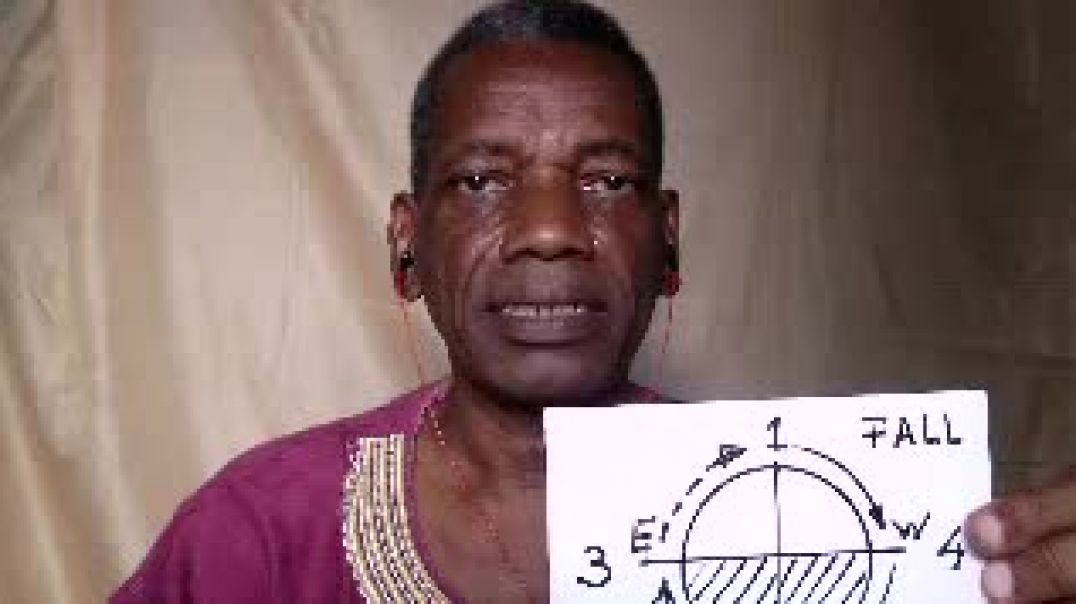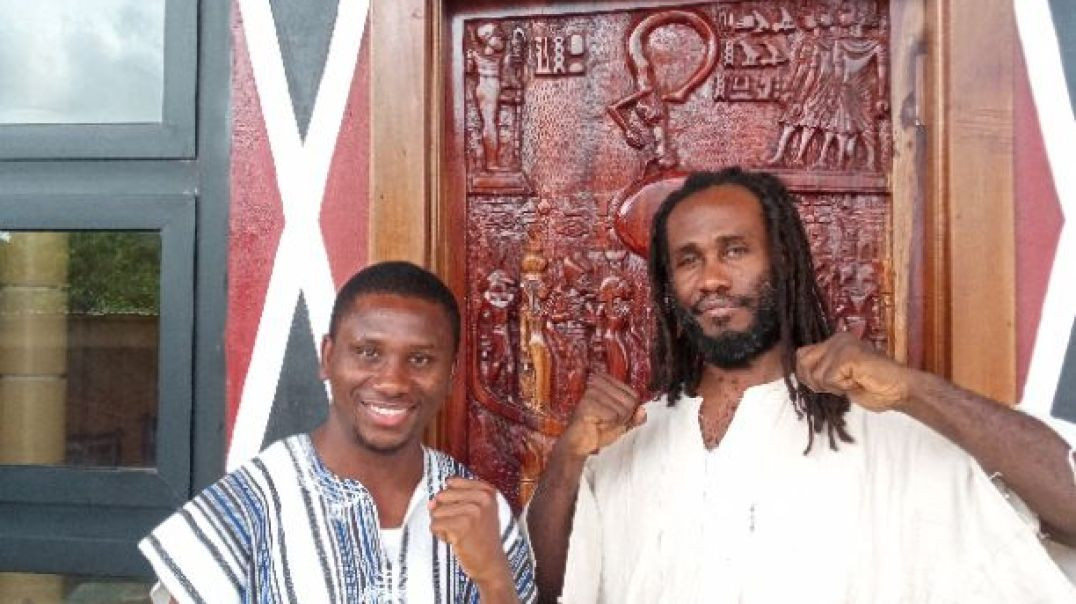Top videos
Fire, earth, water and air were presented by Aristotle as the basic elements constituting the physical universe.
In this video these for elements are shown as being in reality states of consciousness characterizing the elevation of beings from the fall to the regaining of the lost expression of divinity.
The ideas of this video have been inspired by our book titled BUKÔNGO available here:
http://www.amazon.com/s/ref=nb_sb_noss?url=search-alias%3Daps&field-keywords=kiatezua
Audio improves after 10 minutes. Participants in the debate are Susan Rennie, Amelia Addae, Mesfin Binega, Boniface Offokaja. Playlist of the series: https://www.youtube.com/playli....st?list=PLfZFeqnCUQD
Part 1
Footage aired on C-SPAN (amazingly enough!) in 2005.
Howard University did issue this statement since it rented out space for the panel discussion that took place on October 14, 2005, shown in the video: http://www.law.howard.edu/852
________________________________________
Information on this man and his beliefs
Kamau Kambon was a radical black professor who called for the extermination of the white race. As an African Studies Professor, he taught at North Carolina State University since 2003, primarily focusing on a number of Afrocentric courses.
Kambon is the owner since 1994 of "Blacknificent Books", which sells Afrocentric material.
His Call for Genocide
"The problem on the planet is white people ... We have to exterminate white people off the face of the planet, to solve this problem." These were Kambon's words during his address to a panel on "Hurricane Katrina Media Coverage" late in 2005. His 10-minute speech aired uninterrupted on the cable television network C-SPAN.
Its only non-Internet exposure came from its mention on minor political-dissident radio, such as Republic Broadcasting Network.
________________________________________
His wife, mentioned in this video, is Mawiya Kambon, Ph.D., who served 1999-2000 as president for the Association of Black Psychologists where they publish their "findings" in the Journal of Black Psychology. For the record.
Lectures on the Afrikan origins of science and Technology
Asantu Kweku Maroon RepatriateToGhana.com Testimonial
A few days ago on October 29, 2023, Abibitumi was visited by world-renowned author, Ɔbenfo Kofi Asare Opoku who was out of the country during the 1st Historic Abibitumi Conference on Black Power. He came by to receive his award and to share a nice conversation. Check the video of the award presentation here.
Abibitumi Ahemfie adansesɛm
Cette vidéo propose une explication de l'emplacement de l'univers temporel selon la religion Kôngo.
Elle prouve que l'univers temporel est situé dans un trou noir tournant dans le sens des aiguilles d'une montre d'où il émerge progressivement en tournant dans le sens inverse des aiguilles d'une montre.
Les idées exposées dans cette vidéo ont été inspirées de notre livre intitulé BUKÔNGO et disponibles ici:
https://www.amazon.com/dp/B08NY7ZMCT










